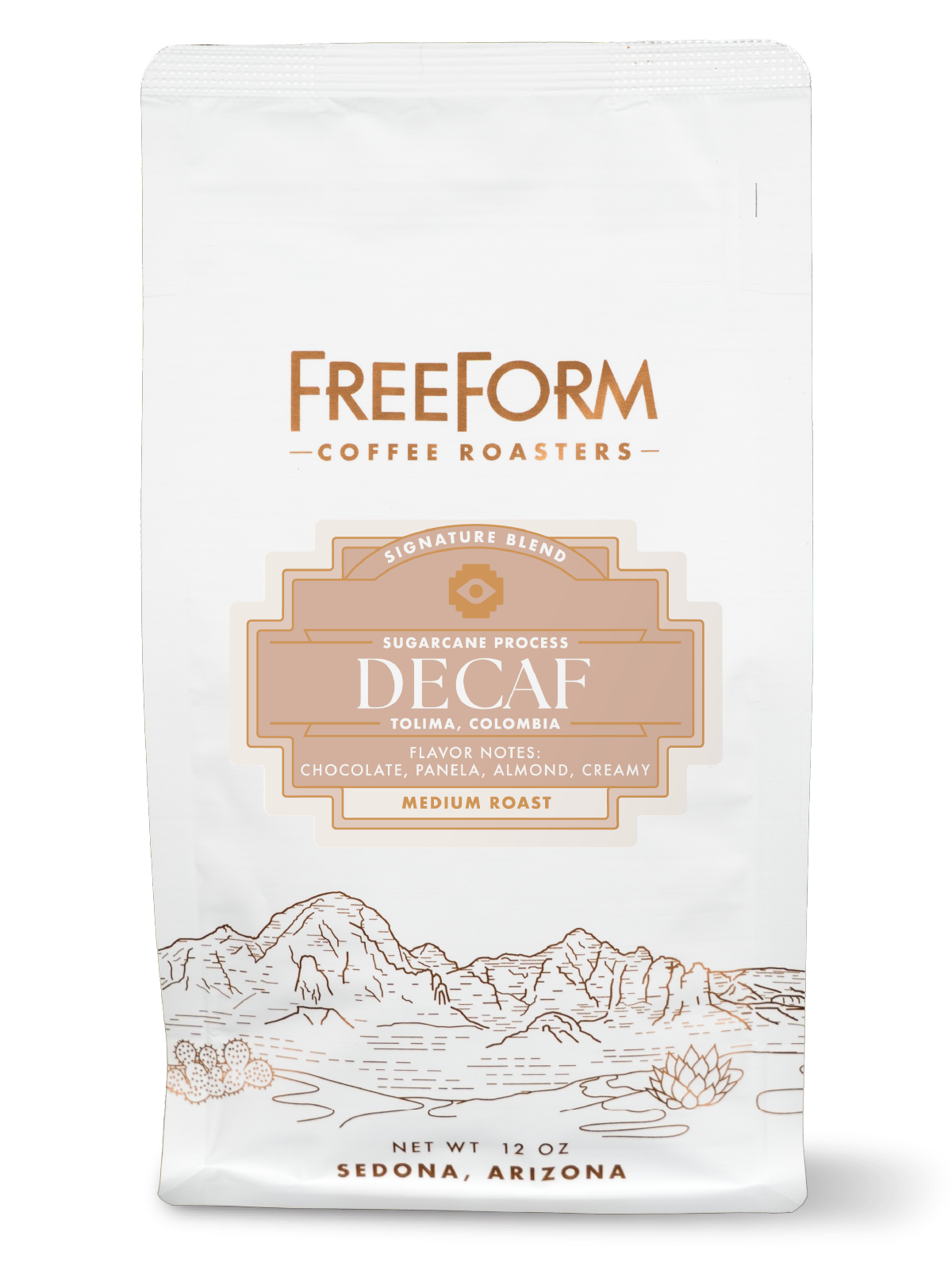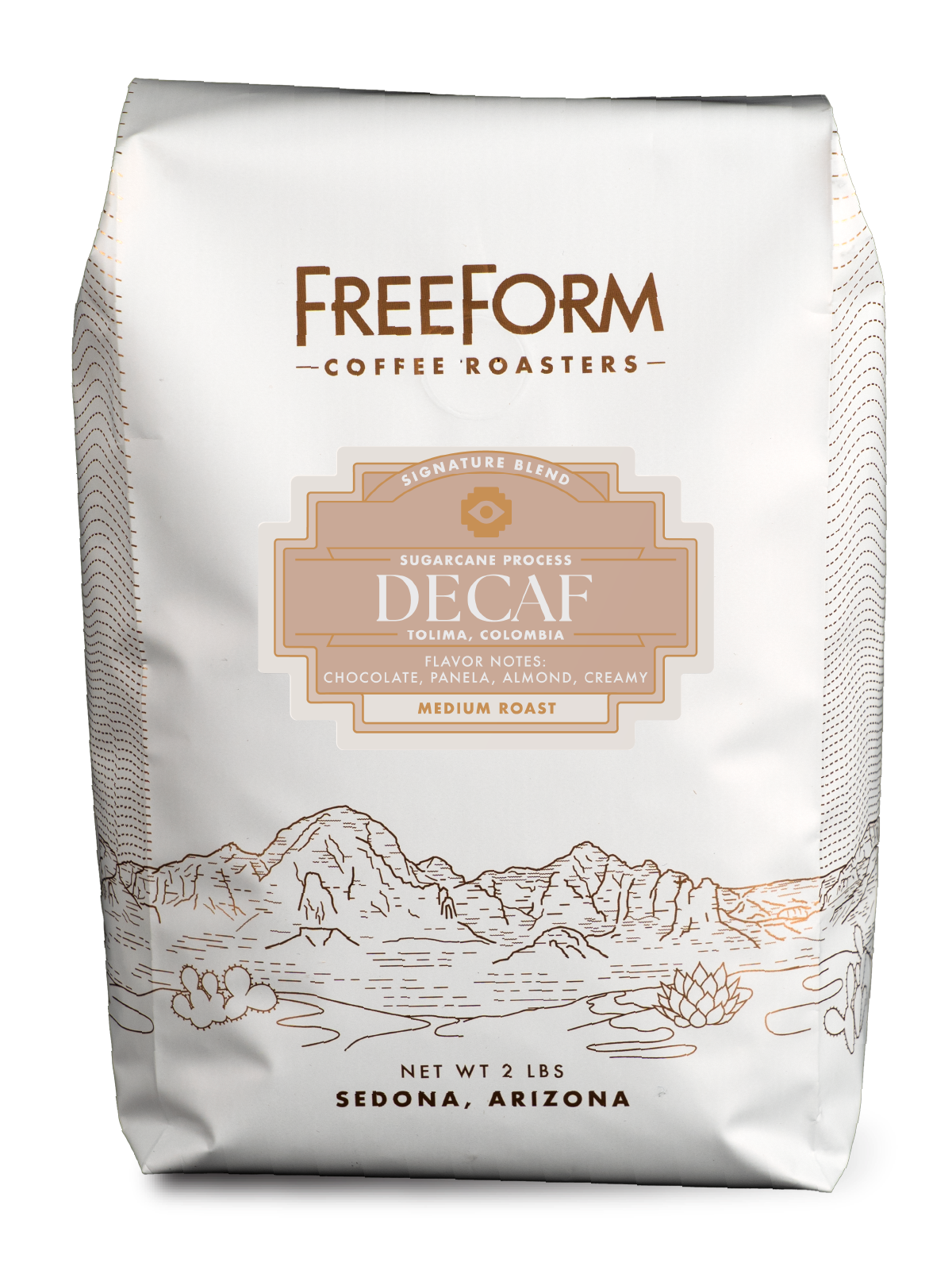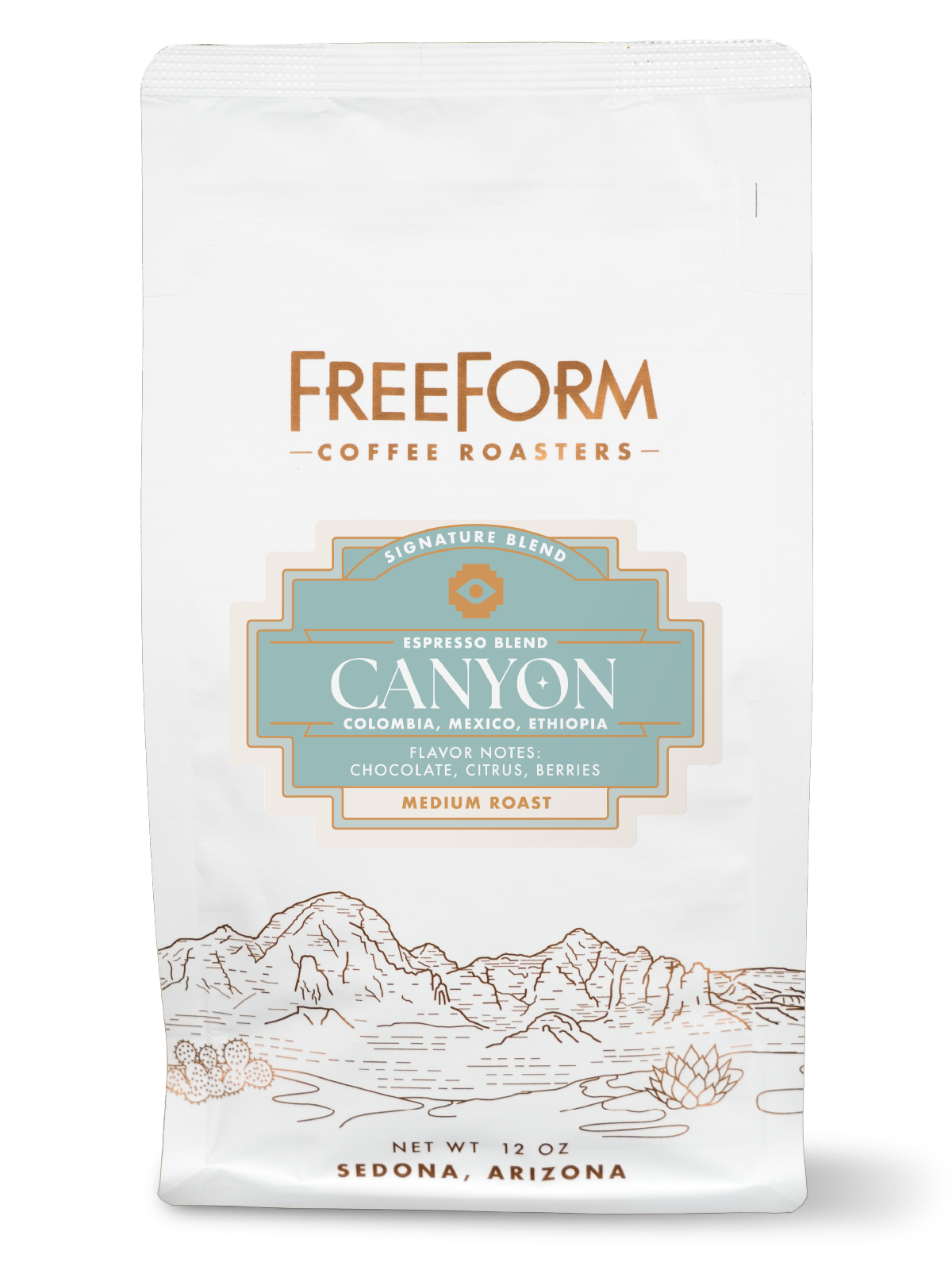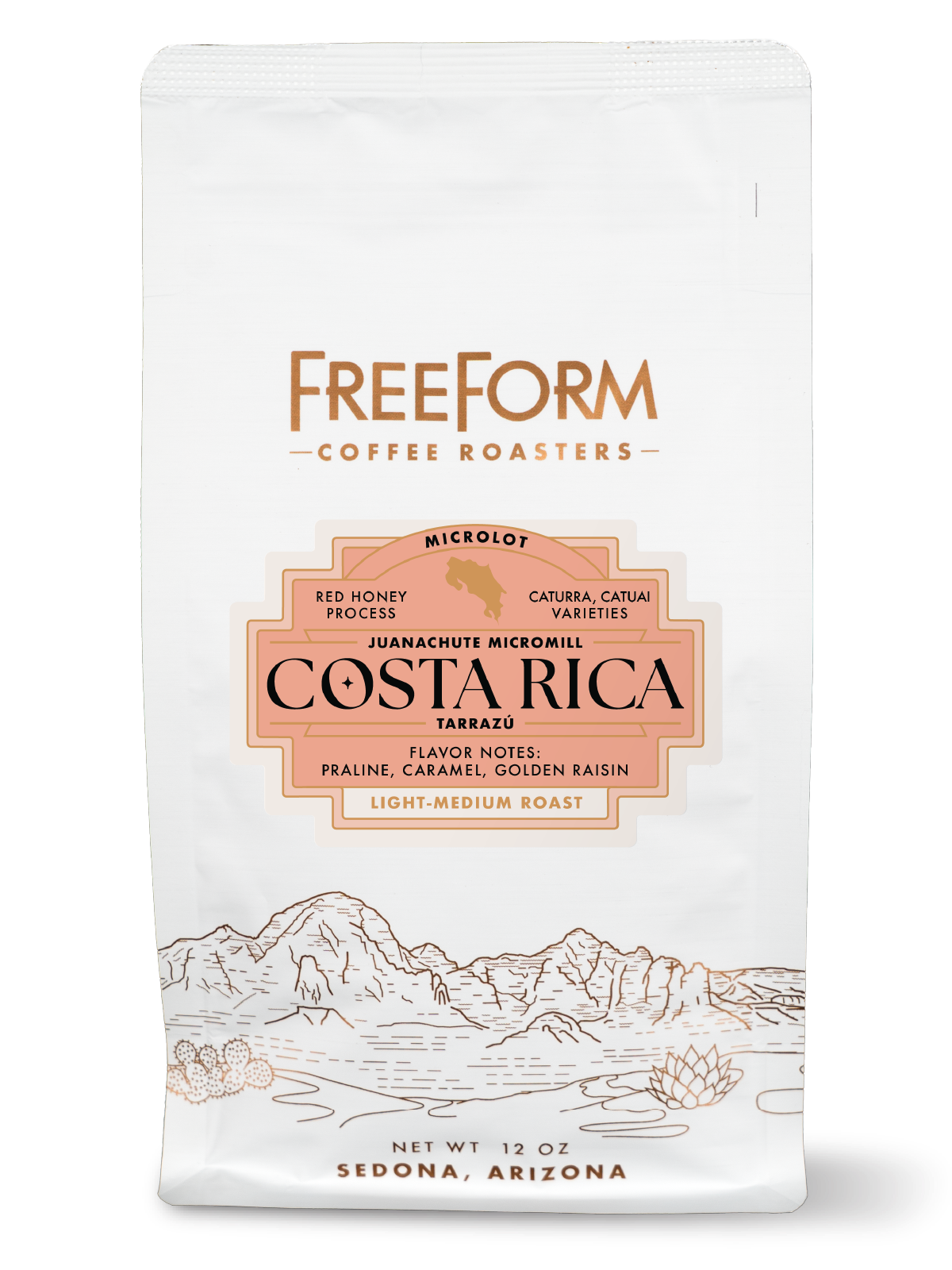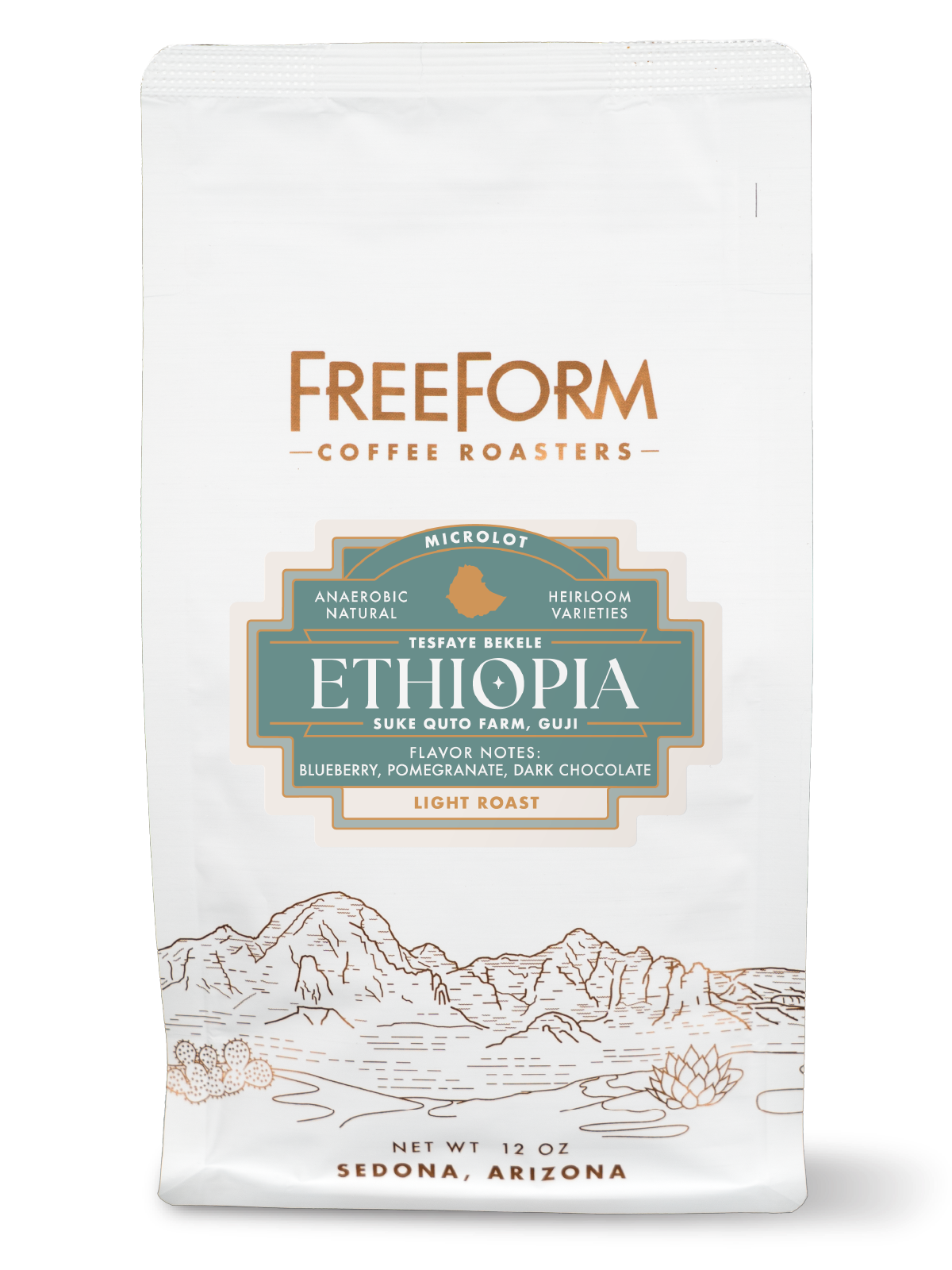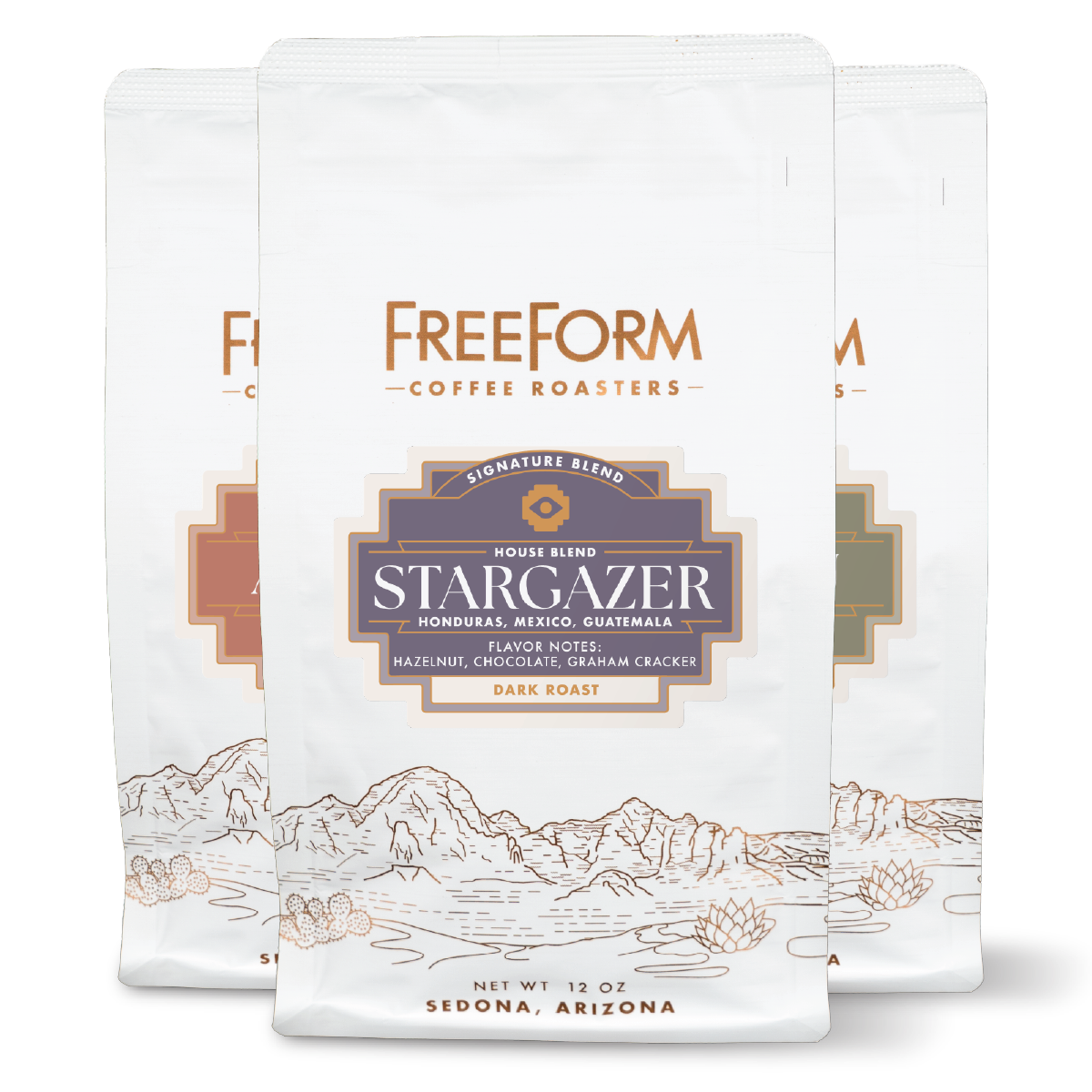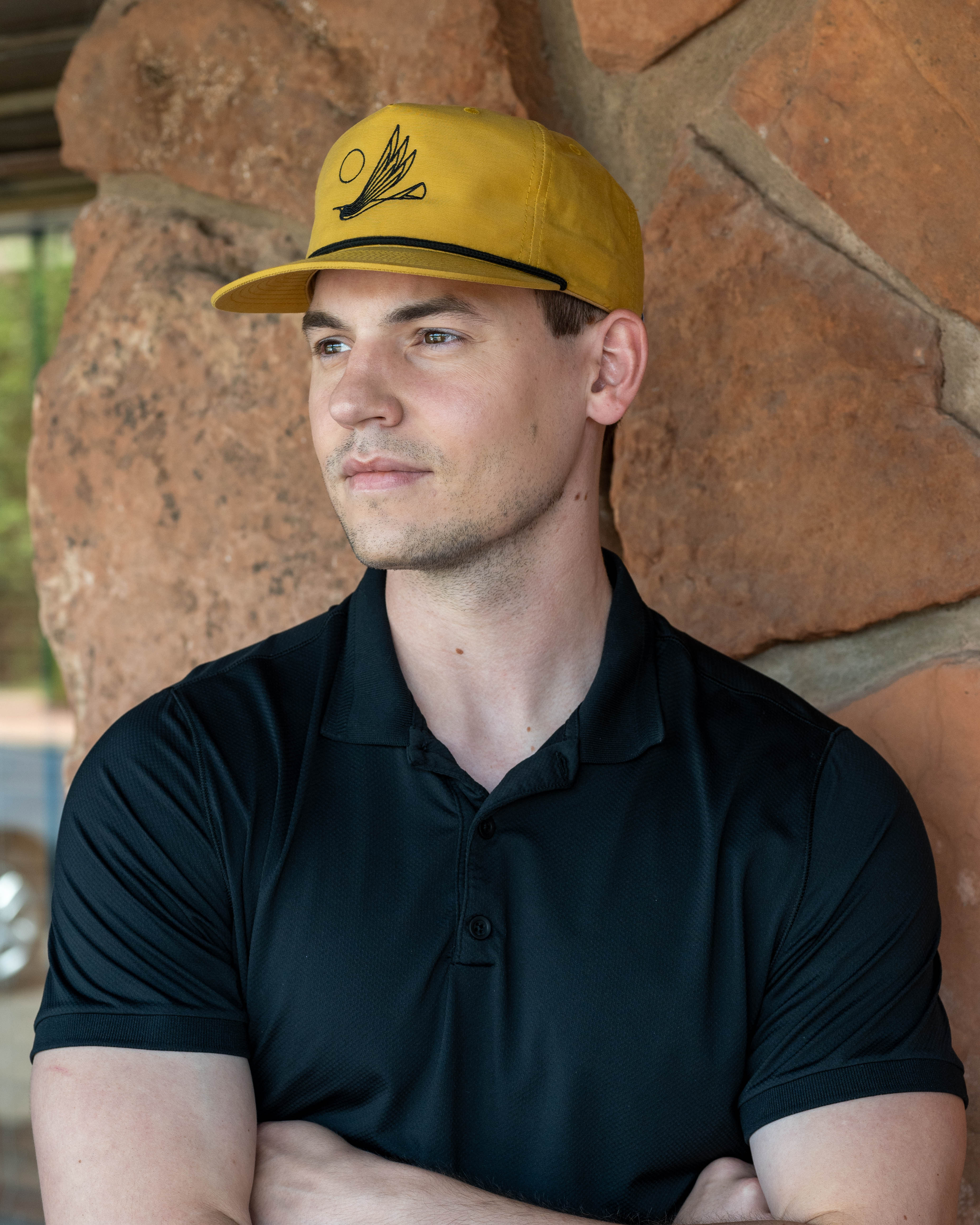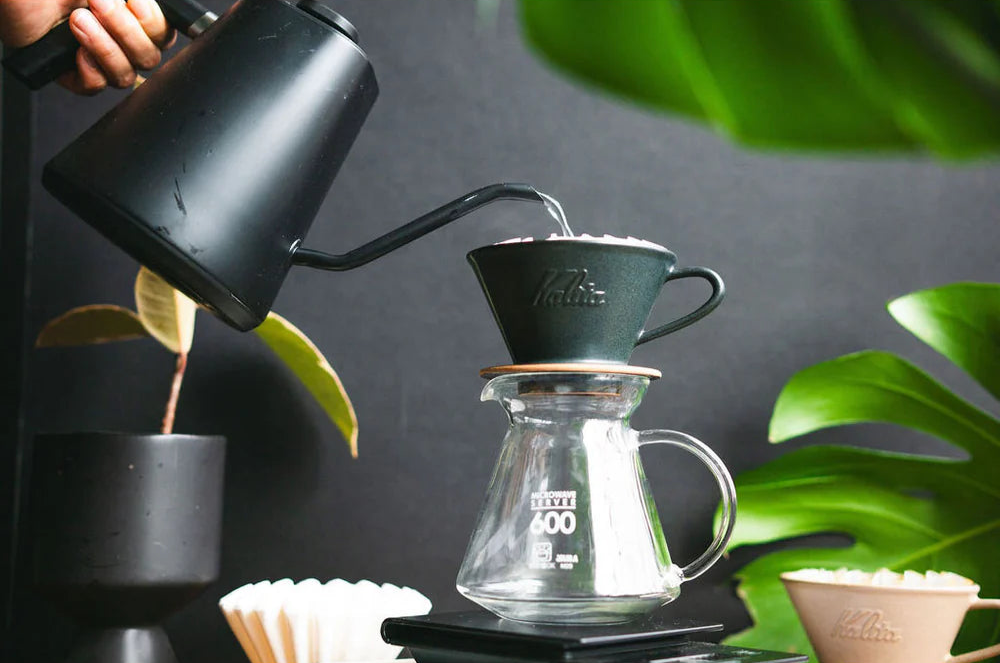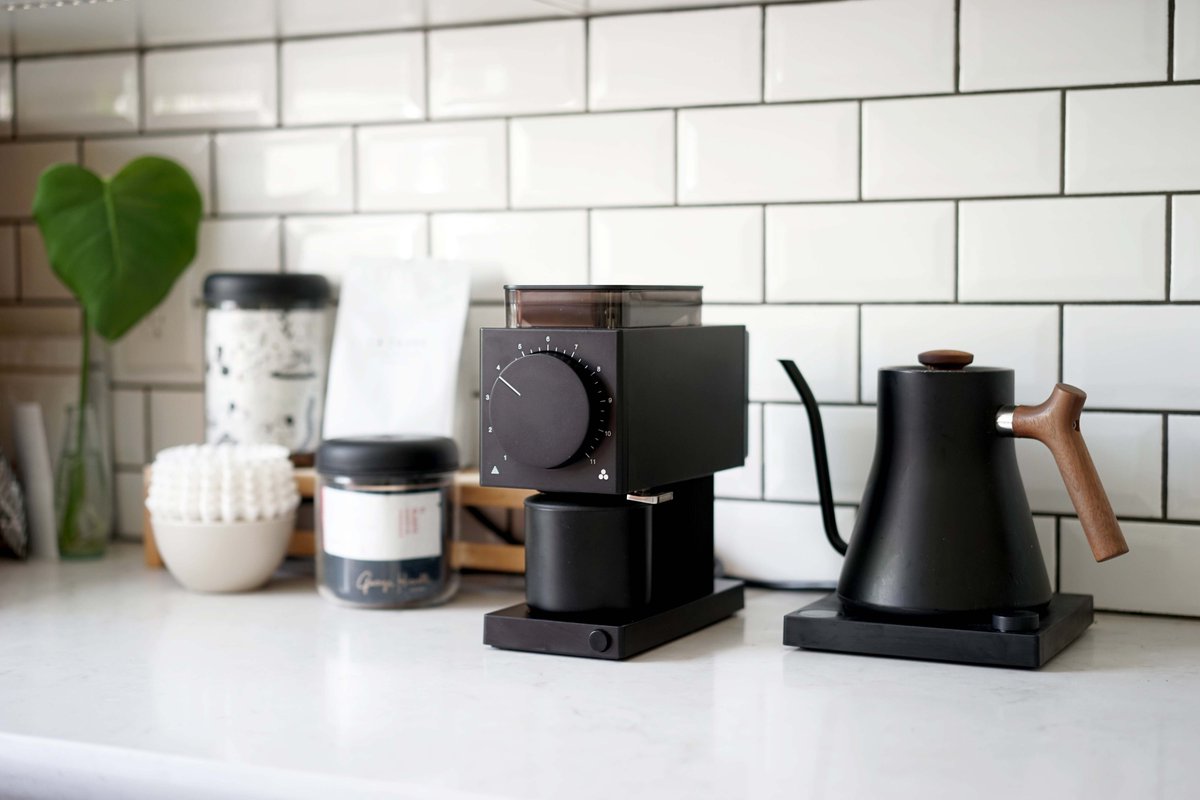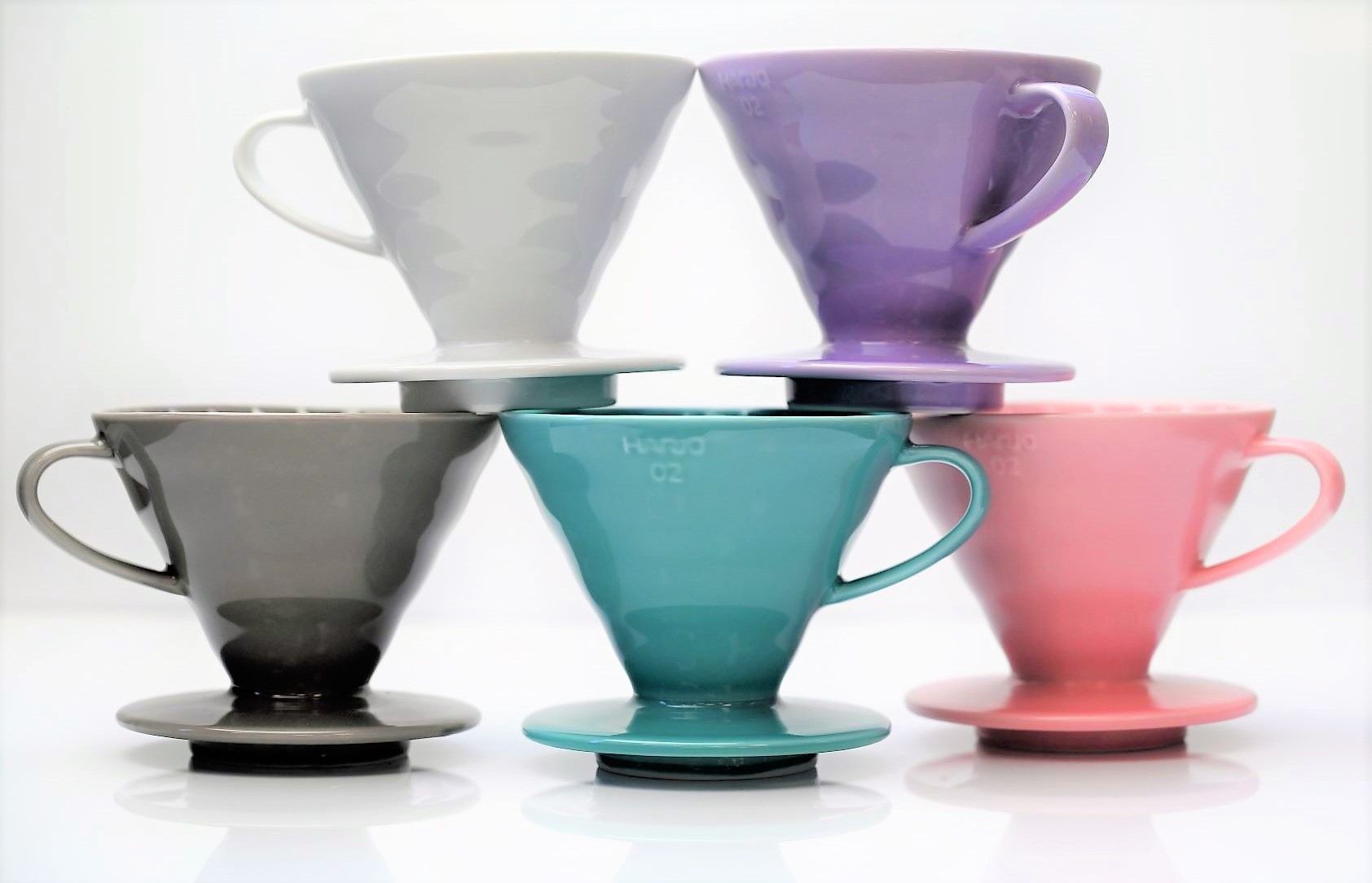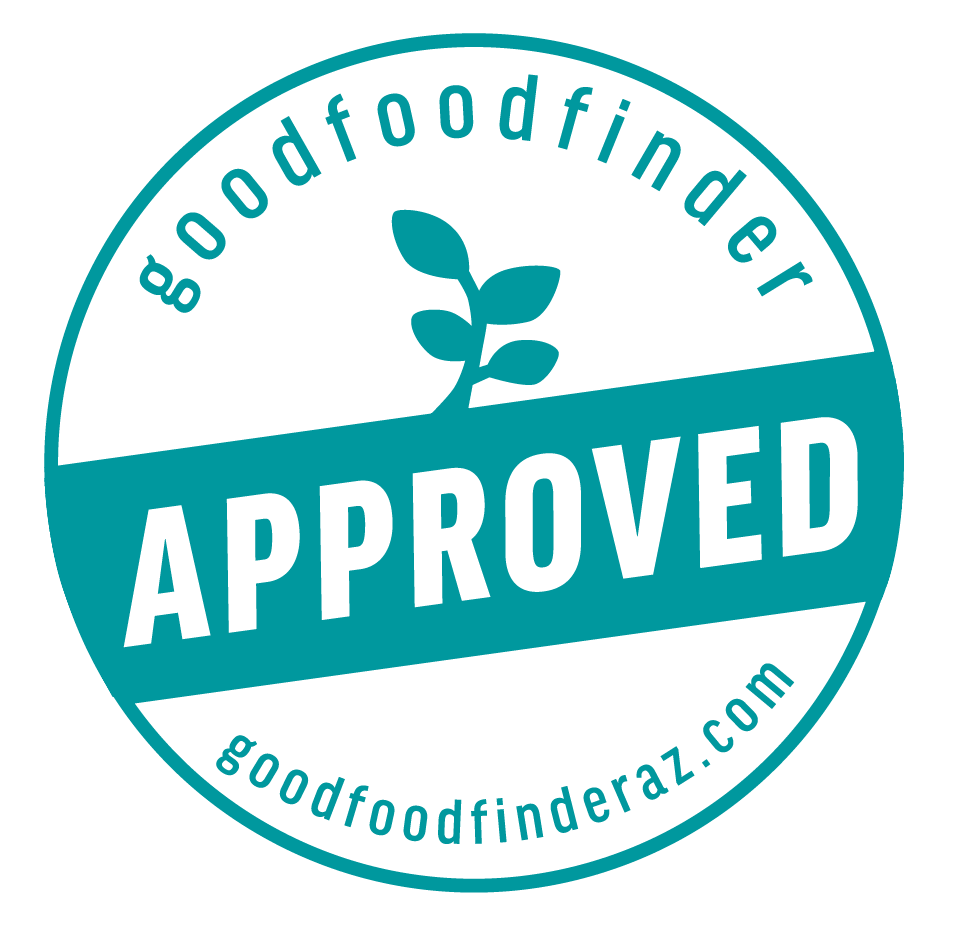In our experience, specialty coffee roasters sometimes treat decaffeinated coffee as an afterthought. Google decaf coffee memes and you're bound to find plenty of evidence to back up this claim - "Death before decaf," "Decaf: Brown Sadness Water," "There's a time and a place for decaf: Never and in the trash."
As funny as these might be, it's no wonder most decaffeinated coffees are terrible - the people who roast them don't care about them! While we're usually as caffeinated as most everyone else, we tend to think that decaffeinated coffeedoeshave a time and place and is an important offering to get right. In fact, it could be argued that decaf drinkers are the truest coffee lovers - they drink it for the flavor, not the caffeine.
That's why FreeForm decaf is anything but an afterthought, rather something we actually put a good deal of thought into.
Our Colombia Sugarcane Decaf offering is the culmination of years spent roasting and sampling different decaffeination methods and origins. While we've always brought in Decaf that we enjoyed, this is definitely our favorite to date. The secret to a great Decaf is starting with high quality coffee, and you'd be hard pressed to find coffee better produced than the spectacular offerings of brothers Shady and Elias Bayter, who operate their family farm in Tolima, Vergel Estate.
To produce their Decaf, the Bayters select specialty-grade Red and Yellow Caturra varieties from their farm and treat them as they would any other caffeinated coffee - in this case, a fully washed process. The dried and milled coffee is transported to a local decaffeination plant where they. undergo a uniquely Colombia decaffeination process known as "Sugarcane Process," or more scientifically, "EA Process."
Using the juice from locally-grown sugarcane, the coffee subjected to steam and hot water, which opens up the pores in the seeds and begins the hydrolysis of caffeine. The coffee is then washed with circulating sugarcane juice, which contains high levels of the naturally-occurring compound Ethyl Acetate (EA), present in many fruits and vegetables. The EA acts as a natural solvent and binds with the caffeine to extract it into the solution. After several rounds of washing and rinsing, the coffee is washed with cold water and dried for export.
What's particularly special about Sugarcane processing is the lower environmental impact - unlike water processed methods, it uses far less water and the sugarcane juice can be re-used. Additionally, decaffeinating at origin avoids unnecessary freight and associated emissions with transferring the coffee to another country to be further processed. Best of all, however, we think it preserves more of the coffee's flavor than other methods, resulting in a cup that is every bit as delicious as a caffeinated coffee.
Colombia Sugarcane Decaf has a nice creamy body and notes of unrefined sugar, chocolate, and nuts, and dried fruit.
A Note About Roasting Decaf
We are roasting Decaf Colombia Sugarcane at a medium roast level to please the majority of palates, and we find that this decaf stands up well in both espresso and filter brewing applications. Due to the additional processing that occurs during decaffeination, decaf coffee has a lower density than its caffeinated counterparts. As a result, decafs tend to appear darker in color than their roast would suggest. Even at a medium roast level, oils may be present on the beans, but we assure you that in the cup this coffee tastes as sweet and smooth as any other medium roast coffee.
